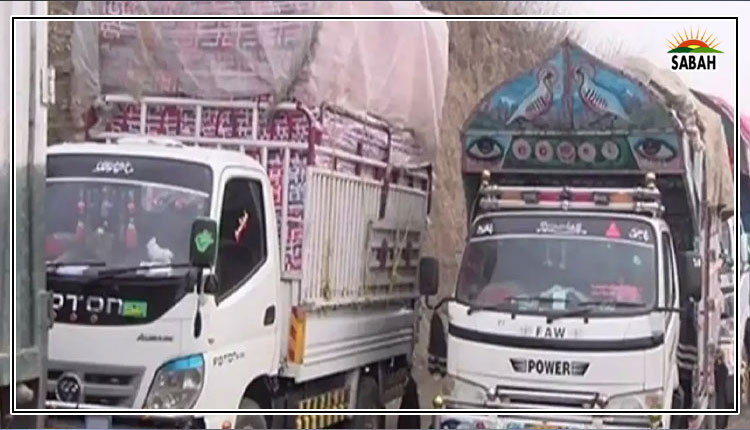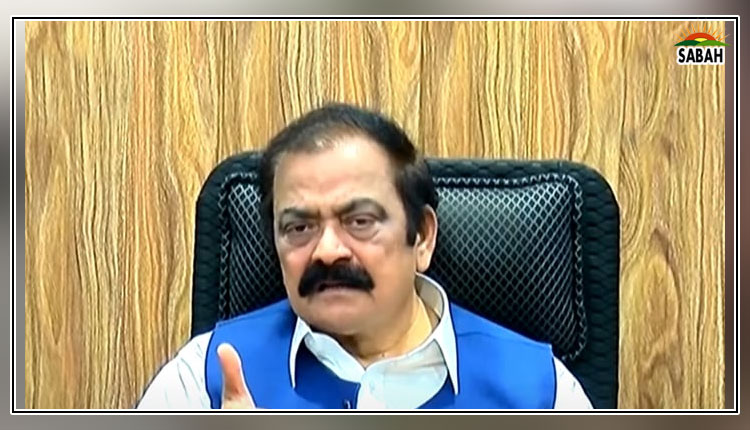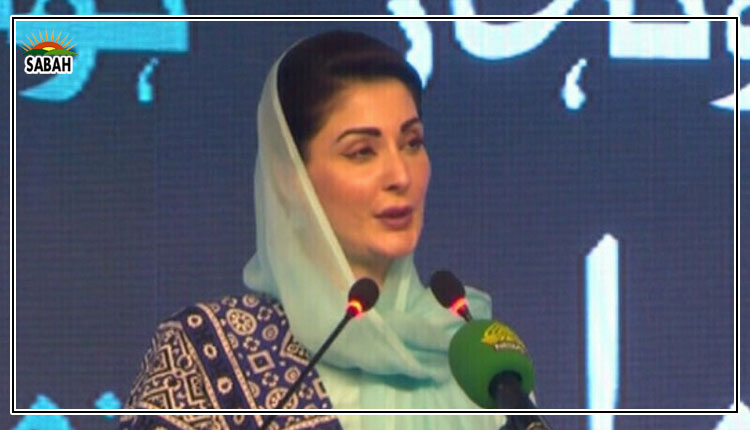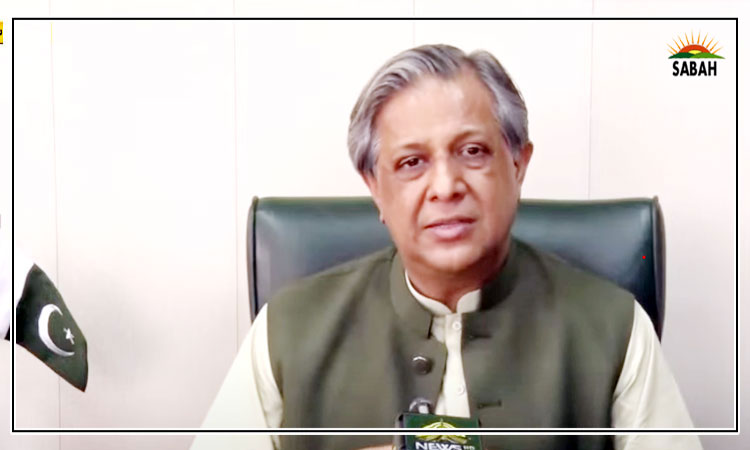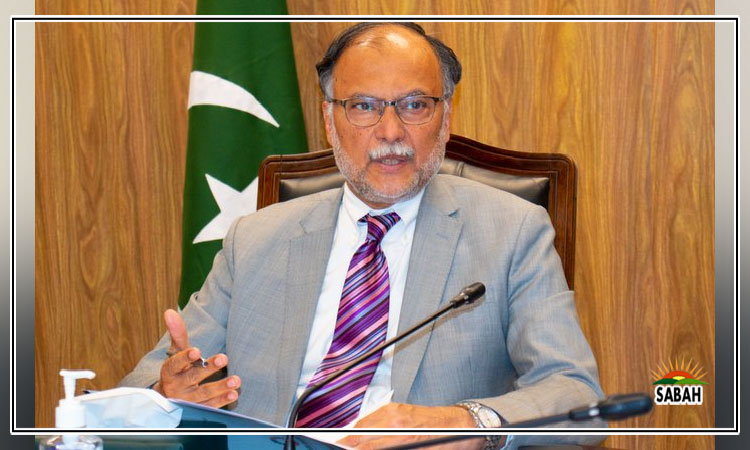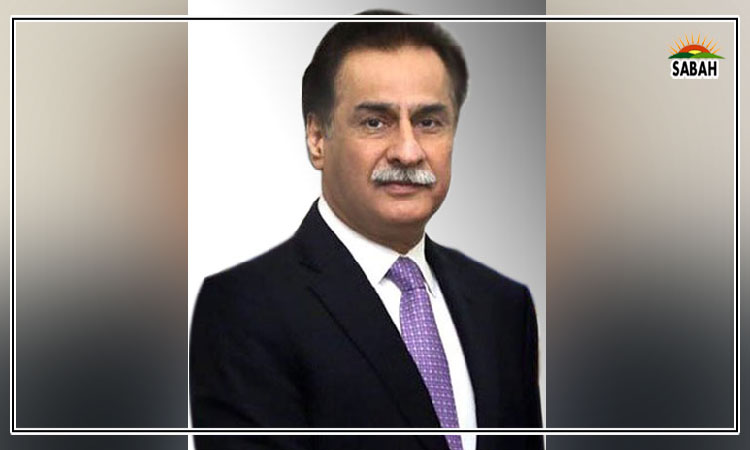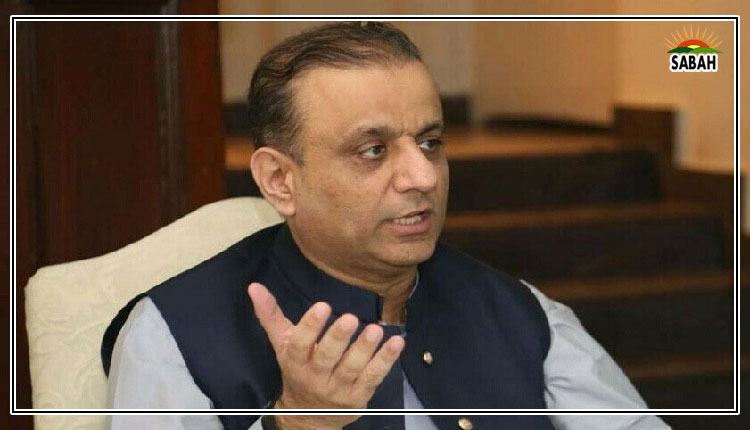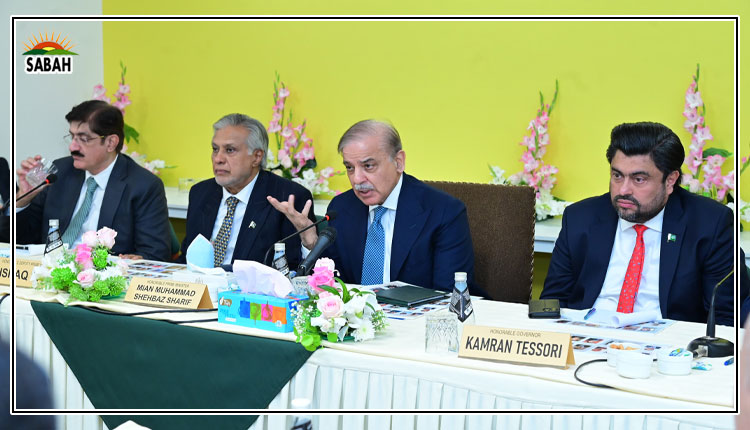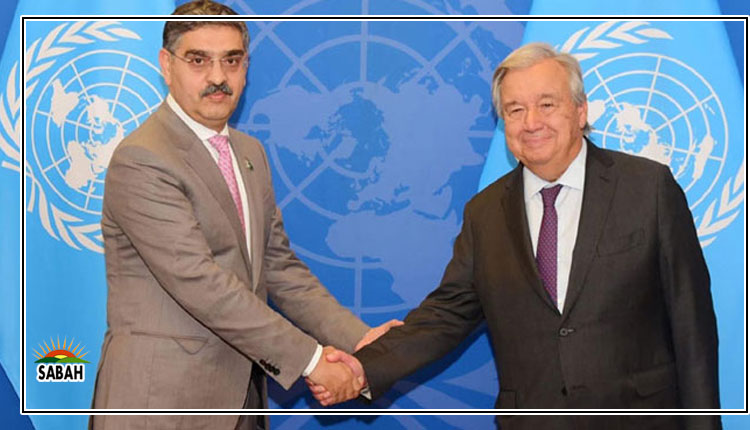Caretaker PM Kakar calls for the implementation of the UN Security Council resolutions on the J&K dispute
NEW YORK, Sep 21 (SABAH): Caretaker Prime Minister Anwaar-ul-Haq Kakar met the United Nations Secretary-General, Antonio Guterres, on the sidelines of the 78th Session of the UN General Assembly in New York.
The Prime Minister thanked the Secretary-General for his unwavering support during last year’s floods and for co-hosting the Geneva Conference on Pakistan’s Resilient Recovery, Rehabilitation and Reconstruction Framework (4RF). Recognizing the grave threat of climate change, the Prime Minister stressed on the importance of the fulfillment of climate finance commitments by developed nations.
The Prime Minister updated the UNSG on the newly established Special Investment Facilitation Council (SIFC), which has the objective of promoting investments into Pakistan for robust economic recovery of the country.
The Prime Minister appreciated the United Nations Secretary-General’s call for global financial transformation to invigorate the Sustainable Development Goals (SDGs) and proposed measures for augmenting the SDG Agenda.
The Prime Minister recalled India’s illegal and unilateral actions in the Indian Illegally Occupied Jammu and Kashmir (IIOJK) on August 5, 2019, and briefed him on India’s ongoing human rights violations in the occupied territory. He called for the implementation of the UN Security Council resolutions on the Jammu and Kashmir dispute.
Meanwhile Caretaker Prime Minister Anwaar-ul- Haq Kakar held a bilateral meeting with the President of Uzbekistan, Shavkat Mirziyoyev on the sidelines of the 78th Session of UNGA in New York. The two sides exchanged views on deepening bilateral cooperation in a range of areas including political, trade, economic, security, defence, and connectivity. The Prime Minister, while expressing satisfaction at the growing level of bilateral cooperation in the last few years, stressed the importance of sustaining the momentum. He underlined that the operationalization of Preferential Trade Agreement (PTA) and Transit Trade Agreement (UPTTA) would boost trade and transit between the two countries.
Both parties reiterated their commitment resolve to promote regional economic integration and resolved to play an active role for inter-regional connectivity.
The Prime Minister re-affirmed Pakistan’s strong commitment to timely completion of Trans-Afghan railway project. He also noted that regional connectivity, trade, and economic integration will have a stabilizing effect on Afghanistan as well.
Both sides also exchanged views on the recent developments in the region and matters related to the regional security and stability.
Meanwhile Caretaker Prime Minister Anwaar-ul-Haq Kakar met Bill Gates, co-chair of the Bill & Melinda Gates Foundation, to discuss polio eradication, gender equality, nutrition, and financial inclusion, on the sidelines of the United Nations General Assembly Session in New York.
The Prime Minister expressed optimism that stopping poliovirus transmission in every area of the country remains possible this year. He underscored that the caretaker government and the National Polio Task Force remain fully committed to reaching children nationwide with polio vaccines, routine immunizations, and other essential health services.
Bill Gates reiterated that polio eradication in Pakistan is a top priority, with particular interest in stopping cross-border transmission with Afghanistan and continuing vaccination campaigns in Southern Khyber Pakhtunkhwa province. He also expressed his confidence in the National Emergency Operations Centre and the caretaker government to continue ongoing efforts for ending poliovirus transmission.
Bill Gates also shared his appreciation for the Prime Minister’s support in scaling up innovations and proven approaches to nutrition and improving financial inclusion efforts in Pakistan. Mr. Gates and the Prime Minister also discussed how improvements across these priorities help improve gender equality efforts, ensuring that women and girls can prioritize their health, finances and futures, and be leaders in their societies.


